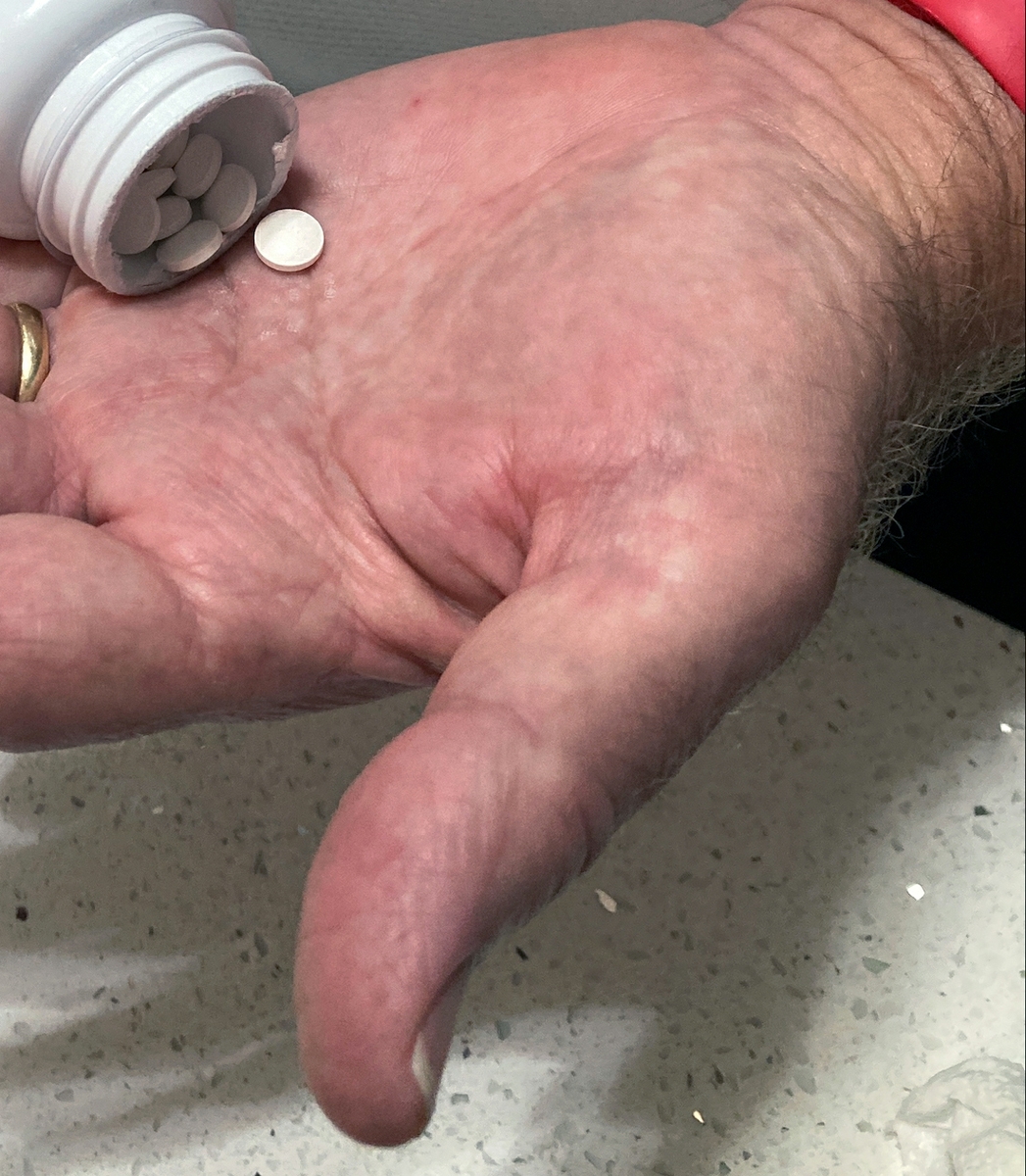For years, melatonin has been the quiet companion of the sleepless—a seemingly safe and “natural” shortcut to better rest. But new findings presented at the American Heart Association’s Scientific Sessions 2025 suggest that this over-the-counter sleep aid may come with long-term cardiovascular costs that few have considered.
According to a large-scale review of electronic health records, adults with chronic insomnia who took melatonin for at least a year had a substantially higher risk of developing heart failure, being hospitalized for it, or dying from any cause compared to those who never used the supplement. Over five years, the melatonin group showed about a 90% higher chance of incident heart failure (4.6% vs. 2.7%), nearly 3.5 times higher hospitalization rates, and almost double the overall mortality (7.8% vs. 4.3%). The full summary is available from the American Heart Association:
Long-term use of melatonin supplements to support sleep may have negative health effects.
The analysis, drawn from the TriNetX Global Research Network, included data from more than 130,000 adults with insomnia. Researchers carefully matched melatonin users and non-users by 40 factors—ranging from demographics to health conditions and medications—to minimize confounding variables. Importantly, the study excluded anyone with a previous diagnosis of heart failure or who had used other sleep medications such as benzodiazepines.
Lead researcher Ekenedilichukwu Nnadi, M.D., of SUNY Downstate/Kings County Primary Care, emphasized that while the data show strong associations, they do not establish a causal relationship. Still, the patterns raise serious questions about the long-term cardiovascular safety of melatonin—a hormone supplement often perceived as benign.
Melatonin is naturally secreted by the pineal gland and helps regulate circadian rhythm. Synthetic versions, chemically identical to the body’s own hormone, are widely used for sleep disorders and jet lag. Yet in the United States, where supplements are unregulated, formulations can vary widely in dose and purity. This variability, combined with extended use, may contribute to unpredictable physiological effects.
Marie-Pierre St-Onge, Ph.D., chair of the American Heart Association’s 2025 scientific statement on multidimensional sleep health, noted her surprise that melatonin was being prescribed for insomnia for over a year: in the U.S., it is not approved for chronic treatment. She cautioned that people often overlook that “natural” does not always mean risk-free—especially when taken regularly without medical oversight.
The researchers acknowledged several limitations. The data set blended records from countries where melatonin is prescription-only with those where it’s sold freely. Because the study relied on recorded prescriptions, many over-the-counter users—especially in the U.S.—may have been misclassified as non-users. The team also lacked detailed data on insomnia severity, psychiatric comorbidities, and over-the-counter consumption, all of which could influence outcomes.
While the findings are still preliminary and await peer review, they underscore an important message: supplements can alter biology in complex ways, particularly when taken long term. Melatonin’s role as a nightly fix for insomnia may deserve a closer look from both clinicians and consumers, especially as sleep health becomes increasingly tied to heart health in emerging research.
As with many wellness trends, what starts as a gentle aid can become a hidden risk when used without clear medical guidance. Sometimes, the most natural approach is to treat sleep as the body’s own system to restore—not something to override.
